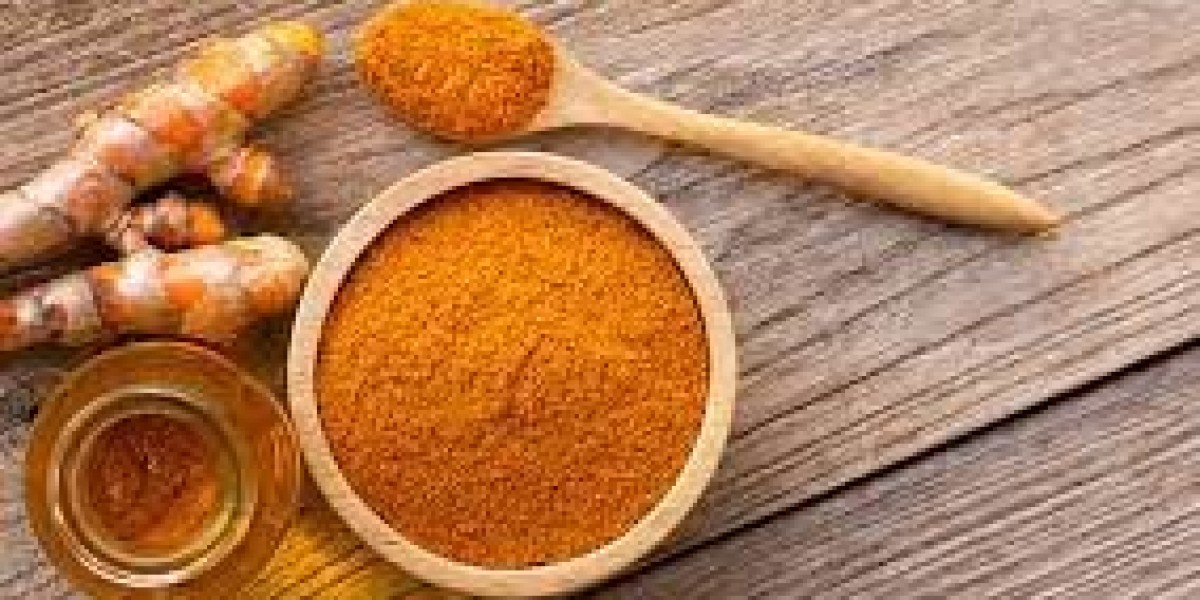Turmeric, a golden spice derived from the rhizomes of the Curcuma longa plant, has been an integral part of traditional medicine systems for centuries. Its use dates back thousands of years, with a rich history rooted in Ayurveda, Traditional Chinese Medicine, and other ancient healing practices. In recent years, turmeric has gained widespread attention for its potent medicinal properties, touted as a natural remedy for various modern ailments. Let's delve into the fascinating journey of turmeric through the annals of traditional medicine and explore its relevance in addressing contemporary health issues.
A Historical Perspective
Turmeric's medicinal use can be traced back to ancient civilizations such as India, where it was revered as a symbol of prosperity and fertility. In Ayurveda, the traditional Indian system of medicine, turmeric holds a revered status as a 'rasayana' or rejuvenating herb with multifaceted healing properties. Similarly, Traditional Chinese Medicine (TCM) integrated turmeric into formulations to treat conditions ranging from digestive disorders to inflammation.
Key Bioactive Compounds
The therapeutic potential of turmeric lies in its bioactive compounds, notably curcuminoids. Curcumin, the primary curcuminoid, is responsible for turmeric's vibrant hue and is believed to exert potent anti-inflammatory, antioxidant, and antimicrobial effects. However, it's essential to note that the bioavailability of curcumin is limited, prompting researchers to explore innovative delivery methods to enhance its absorption and efficacy.
Health Benefits
Turmeric offers a myriad of health benefits, making it a versatile remedy for various ailments:
Anti-Inflammatory Properties: Curcumin's ability to modulate inflammatory pathways makes turmeric a valuable asset in combating chronic inflammation, which underlies many diseases, including arthritis and cardiovascular conditions.
Antioxidant Activity: Turmeric scavenges free radicals, thereby protecting cells from oxidative stress and reducing the risk of chronic diseases such as cancer and neurodegenerative disorders.
Digestive Health: In traditional medicine systems, turmeric is revered for its digestive properties. It stimulates bile production, aids in liver detoxification, and alleviates symptoms of indigestion and bloating.
Pain Management: Turmeric's analgesic properties offer relief from various types of pain, including arthritis pain and headaches, without the adverse effects associated with conventional pain medications.
Immune Support: Turmeric enhances immune function, bolstering the body's defense mechanisms against infections and promoting overall well-being.
Clinical Evidence
While traditional wisdom extols the virtues of turmeric, modern science has also delved into its therapeutic potential through rigorous research. Numerous studies have elucidated turmeric's efficacy in managing various health conditions:
A systematic review published in the Journal of Medicinal Food concluded that curcumin supplementation significantly alleviated symptoms of osteoarthritis, showcasing its potential as a natural remedy for joint pain and stiffness.
Research published in the Journal of Ethnopharmacology demonstrated curcumin's efficacy in ameliorating symptoms of depression and anxiety, suggesting its role as an adjunctive therapy in mental health management.
Clinical trials have highlighted turmeric's potential in lowering blood glucose levels and improving insulin sensitivity, making it a promising adjuvant in diabetes management.
Incorporating Turmeric into Daily Life
Integrating turmeric into your daily routine can be as simple as adding it to your culinary creations or incorporating it into homemade remedies. Here are some practical tips:
Golden Milk: Prepare a comforting cup of golden milk by simmering turmeric, milk (or a dairy-free alternative), and a dash of honey or maple syrup. This soothing beverage is not only delicious but also provides a potent dose of turmeric's health-promoting compounds.
Turmeric Supplements: Consider incorporating high-quality turmeric supplements into your wellness regimen, ensuring standardized curcumin content for optimal efficacy.
Culinary Delights: Sprinkle turmeric liberally in curries, stir-fries, soups, and smoothies to impart a vibrant color and a subtle earthy flavor while reaping its health benefits.
Topical Applications: Harness turmeric's anti-inflammatory and antimicrobial properties by creating homemade face masks or topical ointments to soothe skin ailments and promote a radiant complexion.
Conclusion
Turmeric's journey from ancient remedy to modern-day panacea underscores its enduring relevance in addressing a myriad of health concerns. While scientific research continues to unravel its therapeutic potential, the wisdom of traditional medicine systems has long recognized turmeric as a valuable ally in promoting holistic well-being. By incorporating turmeric into our daily lives, whether through culinary endeavors or supplementation, we can harness its ancient healing power to navigate the complexities of modern living with vitality and resilience.







